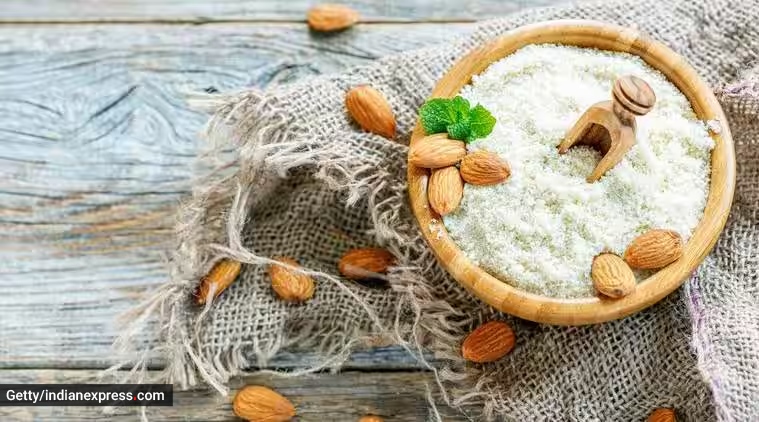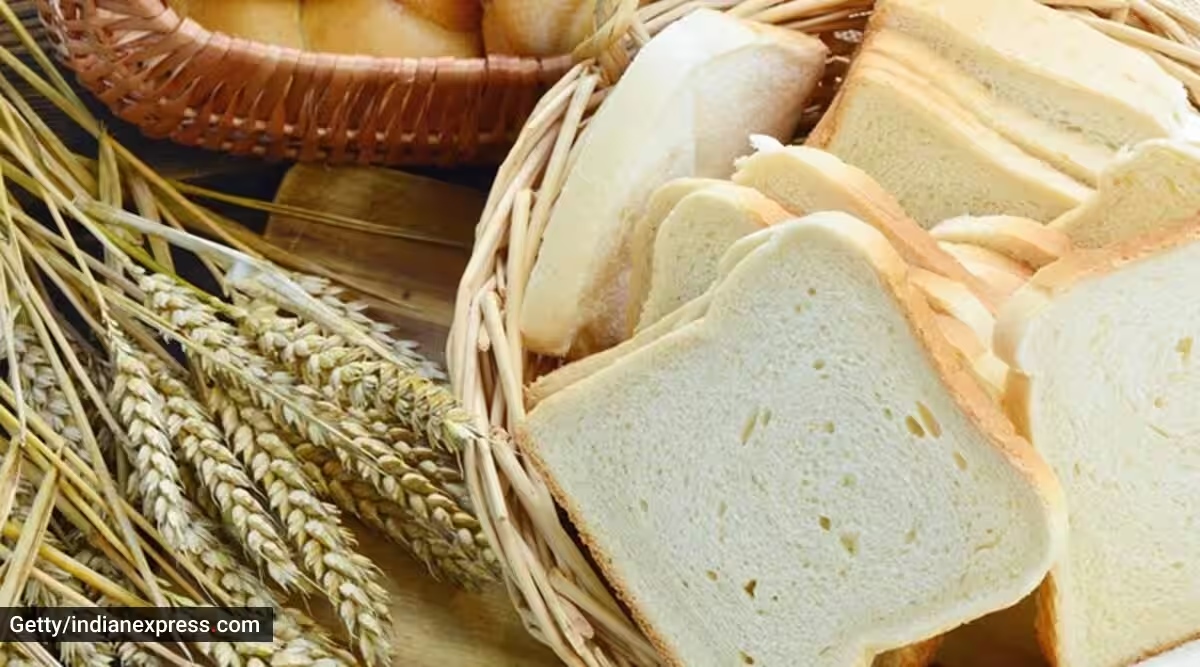Gluten, a protein found in wheat, barley, and rye, is incredibly common in our diets. It is present in staples like bread, pasta, and baked goods, making up a substantial part of many people’s daily meals. While gluten itself isn’t inherently harmful, overconsumption can pose issues for some individuals, particularly those with celiac disease or gluten sensitivity. Excessive gluten intake may lead to digestive problems, inflammation, and other health concerns.
As such, should you completely eliminate gluten from your diet? And, what will happen to your body if you give it up for a month, to begin with? We reached out to experts to know more.

According to Ankita Ghoshal Bisht, dietician in charge, Primus Super Speciality Hospital, New Delhi, when you completely give up gluten for a month, several things can happen to the body. She listed a few:
Symptom Improvement: If you have a gluten sensitivity or intolerance, your symptoms may improve or disappear. Common symptoms of gluten intolerance include digestive issues like bloating, diarrhoea, and abdominal pain, as well as fatigue, headaches, and skin problems.
Weight Loss: Some people may experience weight loss when they eliminate gluten-containing foods from their diet, especially if they previously consumed a lot of processed gluten-containing products. This weight loss can be due to reduced calorie intake or better digestion.
Increased Energy: People with undiagnosed celiac disease or gluten sensitivity may experience increased energy levels and improved mood when they eliminate gluten from their diet, as it reduces inflammation in the body.
Nutrient Deficiencies: Gluten-free diets can sometimes lead to nutrient deficiencies, as many gluten-containing grains are fortified with essential vitamins and minerals. It’s important to replace these nutrients through alternative sources when going gluten-free.
 Almond flour is a gluten-free alternative to wheat (Source: Getty Images)
Almond flour is a gluten-free alternative to wheat (Source: Getty Images)
However, whether or not it is suggested to completely give up gluten for a month depends on your specific health circumstances. “Completely giving up gluten for a month is generally recommended for people with gluten sensitivity, celiac disease, or those under the guidance of a healthcare professional (registered dietician),” Shruti Bhardwaj, consultant, clinical dietician, Narayana Multispeciality Hospital, Ahmedabad, said.
Bisht delved deeper into reasons why someone might consider eliminating gluten temporarily.
Suspected Gluten Sensitivity: If you suspect you have gluten sensitivity or intolerance, eliminating gluten from your diet can help identify whether gluten is the cause of your symptoms.
Celiac Disease Testing: If you are being tested for celiac disease, you may be advised to go gluten-free before the testing to improve its accuracy.
ALSO READ | What is ‘cosy cardio’, and should you practise it?
Reset or Detox: Some individuals choose to go gluten-free temporarily as part of a dietary reset or detox plan, although there is limited scientific evidence supporting the need for such detox diets.
Weight Management: As mentioned earlier, some people may try a gluten-free diet for weight management purposes, but it’s important to do so in a balanced and informed way.
Most Read 1Chandrayaan-3 mission: Dawn breaks on Moon, all eyes on lander, rover to wake up 2As Indo-Canadian relations sour, anxiety grips Indian students, residents who wish to settle in Canada 3Karan Johar says Sanjay Leela Bhansali did not call him after Rocky Aur Rani: ‘He’s never called me but…’ 4Gadar 2 box office collection day 40: Hit by Shah Rukh Khan’s Jawan onslaught, Sunny Deol movie ends BO run with Rs 45 lakh earning 5Shubh’s tour in India cancelled: Why is the Canada-based singer facing the music?
However, if you don’t have any medical reason to do so, it’s not necessary and can restrict your diet unnecessarily, Bhardwaj added.
If you are looking to eliminate gluten from your diet, there are several alternatives you can try. “Healthier alternatives to gluten-containing foods include quinoa, rice, oats (if certified gluten-free), almond flour, coconut flour, and legumes like lentils and chickpeas. It’s important to maintain a balanced diet when making dietary changes. Consulting a healthcare provider or Registered Dietician for personalised advice is advisable,” Bhardwaj concluded.
Also ReadWhat happens to the body if you eat yoghurt every day?What happens to the body if you eat dried fruits every day?What happens to the body when you give up milk for a month?Peeled vs unpeeled apple: Which is better for your health?
📣 For more lifestyle news, follow us on Instagram | Twitter | Facebook and don’t miss out on the latest updates!
© IE Online Media Services Pvt Ltd


